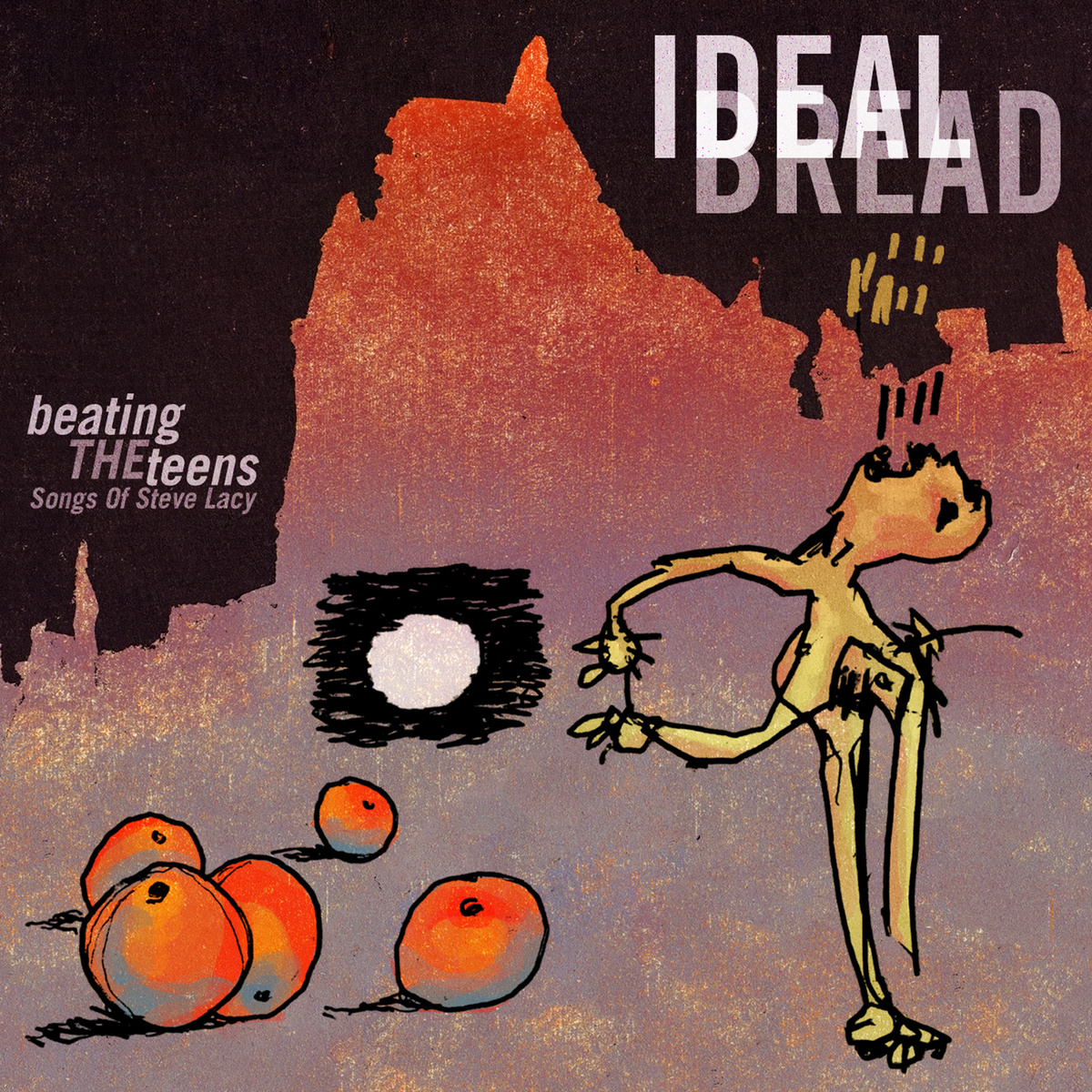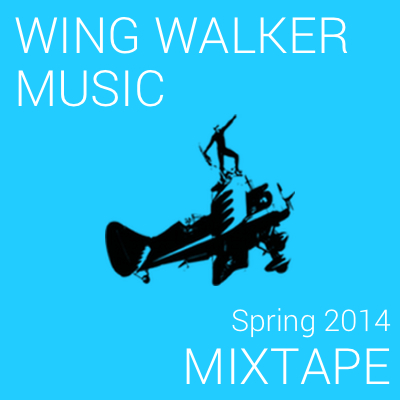

Baden Powell and Vincius de Moraes - Os Afro-Sambas (1966)
Listening to the original classics from Brazillian pop in the 1960s and 1970s makes me realize why this music excited so many other musicians around the world. There is a great balance between the traditional and the modern, the the improvised and the composed, and the accessible and the serious. While I only recently learned about Baden Powell, one of the many insanely virtuosic guitarists from Brazil, I was familiar with the work of de Moraes as his name is found next to the likes of Jobim and Bonfa atop lead sheets as their lyricist. Os Afro-Sambas draws inspiration from the music of the Bahia region of Brazil and the heavily African influenced traditions of the region. The percussion, the plainly incanted vocals, and the use of the bassoon cast a dark and exotic shade over many parts of the album, but the more familiar bright and sunny Brazillian sound breaks through from time to time.


Mississippi John Hurt - D. C. Blues: The Library of Congress Recordings, vol. 2 (1963)
The story behind this recording is that Hurt had fallen into obscurity after making some recordings in the late 1920s and went back to his home town and was working as a farmer by the time the folk revival really got underway in the early 1960s. He was rediscovered and after moving to Washington, D. C. recorded these sessions at the Library of Congress. He then had a successful career on the folk circuit but it was cut short when he died in 1966. These recordings have the roughness and the intimacy that I love about so many of the field recordings of folk music that have been made. Hurt’s style is centered on the guitar; he usually plays bass and melody simultaneously creating a duo-like sound in the accompaniment. I feel like he is hearing his vocals as being tucked inside what he is playing on the guitar, almost accompanying the guitar, and this gives his performance a much different sound than most other guitarist-vocalists. The blues tracks are atmospheric and moody, but he really shines on the ballads like My Creole Bell and You Are My Sunshine.


Olivier Messiaen - Vingt regards sur l’enfant-Jésus (comp. 1944)
Olivier Messiaen’s music is often overshadowed by two very dramatic stories from his life: the writing of Quartet for the End of Time inside a Nazi prisoner of war camp during the darkest days of WWII, and the tragedy that befell his first wife Claire and his subsequent love and marriage to pianist Yvonne Loriot. For this reason I’ll avoid going into the details but if you are unfamiliar with the story of this mystical and enigmatic musician you should read about his life. Vingt regards sur l’enfant-Jésus (“Twenty Contemplations on the Infant Jesus") is my favorite piece by Messiaen, and it is the apogee of the unique musical language he developed throughout the 1930s. Like Beethoven, Miles, and Coltrane, Messiaen had the courage to leave an approach behind in the quest to move his music toward new ground. With all of these artists, there is something really special to me about the music they make right before they turn the corner; a timeless, virgin quality that is only emphasized by knowing now, in retrospect, where they will be going next. I recommend listening to this piece with the ears that you would approach minimalist or ambient music with rather than with an analytical mind. It is really music about contemplation, the vastness of time, and the depths of the emotional spectrum.
Brad Mulholland is a saxophonist and composer living in Brooklyn, NY.
 I traveled back to Kansas City and did a few interviews while I was there. The first was with trumpeter Hermon Mehari of Diverse. They just released their sophomore album album titled Our Journey. We talk about the evolution of the band, collaborating with artists in varying musical styles, and his love of opera.
I traveled back to Kansas City and did a few interviews while I was there. The first was with trumpeter Hermon Mehari of Diverse. They just released their sophomore album album titled Our Journey. We talk about the evolution of the band, collaborating with artists in varying musical styles, and his love of opera.




 Baritone Saxophonist
Baritone Saxophonist 













